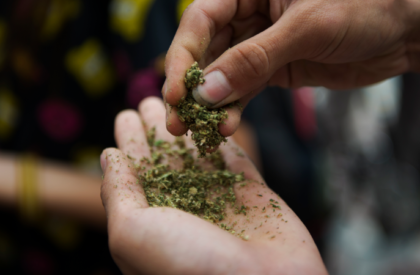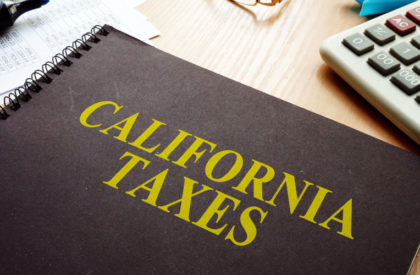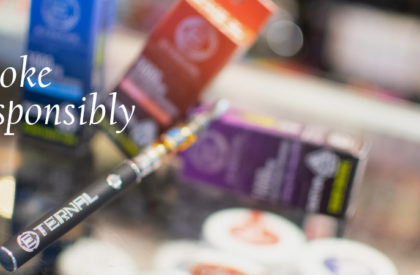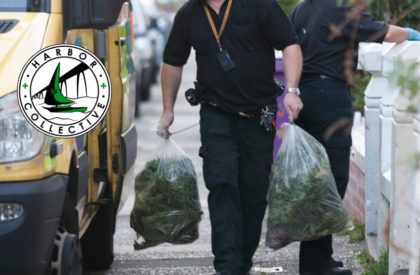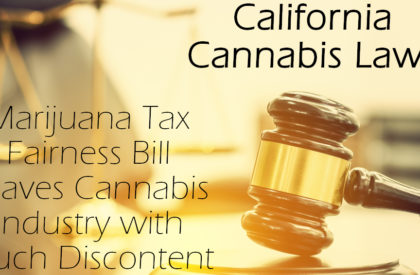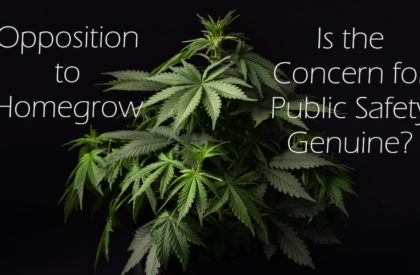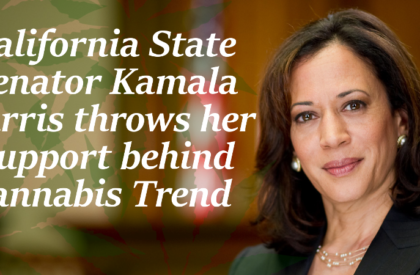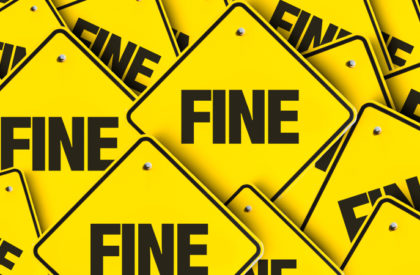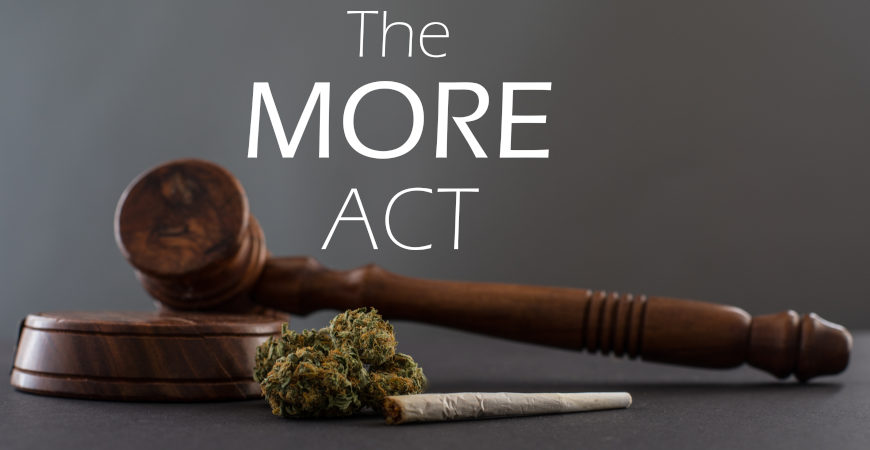
The MORE ACT
The MORE Act looks to decriminalize marijuana at a federal level.
Legalized marijuana use, production, and sale may have just gotten its biggest supporters yet. Last month, New York Representative and House Judiciary Chair, Jerry Nadler, and 2020 democratic presidential hopeful, Sen. Kamala Harris, announced their comprehensive marijuana bill, the Marijuana Opportunity Reinvestment and Expungement (MORE) Act.
The MORE Act looks to decriminalize marijuana at a federal level. This move would see cannabis removed from the Control Substances Act, and therefore decriminalize past and currently pending related drug convictions. It would then lead to expungement and resentencing hearings for said convictions.
Besides giving prior offenders the opportunity to have their criminal records expunged, the bill would also seek to stop any further denial of federal public benefits based on such convictions. That means better access to federal housing and better protection for those seeking citizenship that are experiencing discrimination due to their association with cannabis.
Historical Negative Impacts & Their Solutions
According to a 2016 report by the Human rights Watch and the American Civil Liberties Union, those convicted of marijuana use and possession suffered negative impacts in the form of restricted access to public housing, welfare, work opportunities, and voting.
Additionally, the MORE Act would also apply a 5% sales tax on marijuana products in order to build an Opportunity Trust Fund that would benefit communities adversely affected by drug arrests, with grants for employment training, business loans, and legal aid for those suffering under the consequences of cannabis-related convictions.
In support of this, Harris was quoted as expecting that this new regulation and expungement would allow millions of Americans to be able to move on with their lives. This is quite a change in opinion for Harris who during her tenure as San Francisco District Attorney spoke against Proposition 19, a 2010 California ballot initiative that intended to see recreational cannabis use legalized for adults over the age of 21. Though this initiative was defeated, California eventually passed the Adult Use of Marijuana (AUMA) Act (Proposition 64) in 2016, permitting the recreational use of cannabis.
The MORE Act unscheduling would also give states the right to set their own marijuana policies, as is currently done with alcohol. It would be a big help in boosting the momentum for the legalization of recreational cannabis use, coming hot on the heels of the recently scheduled Senate hearing of the Secure and Fair Enforcement Act (SAFE).
This Act would enable cannabis businesses operating legally under state laws to access the federal banking industry. Currently, such businesses are locked out of common financial services, and any bank found serving such business are subject to penalties from federal regulators. Operating on a cash basis has proven risky for these businesses and their employees, who are highly targeted for crime.
Related Article: Entrepreneurs Can Cash in on Marijuana Edible Business

If at first you don't succeed, try again in more ways than one.
This reform bill easily brings to mind previous attempts at decriminalizing marijuana, particularly the Marijuana Justice Act that was proposed by other presidential hopeful and New Jersey Sen. Cory Booker. Just like the MORE Act, this bill seeks to remove cannabis from the Controlled Substances Act – helping to make it legal at a federal level, expunge the federal convictions for those arrested for marijuana possession and use, and build a reinvestment fund to aid communities hardest hit by such arrests.
At the time the Marijuana Justice Act was initially proposed in 2017, Harris was California’s junior senator and did not comment on the issue during her first couple of years. This was surprising as this was also the time at which the AUMA Act was heating things up. Her earlier opposition and later silence on the issue gave many the impression that she leaned more towards her law enforcement roots than the ‘progressive prosecutor’ image she was attempting to cultivate.
For political observers, her more recent change in attitude is eyebrow-raising given the tens of thousands of Californians that were arrested for minor marijuana offenses during her time as San Francisco District Attorney, and later as California’s Attorney General.
Her utterances in recent years, joking of her own indulgences in cannabis in her college years, and co-sponsoring of Booker’s bill, has seen Harris make a more substantial show of her support of legalization and social justice reform for those penalized by federal drug laws. If her Twitter feed is anything to go by, then cannabis legalization will make for an important part of her presidential campaign.








